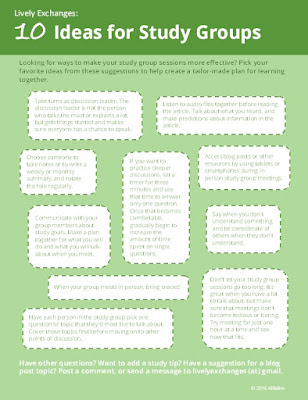As Colombia Grows Safer, Tourists - Especially Bird Lovers - Flock Back
Before reading:
General Knowledge:
- Can you find the country of Colombia on a map?
- What comes to mind when you think about Colombia?
Speculate:
- What might make Colombia a great place for watching birds?
 |
| John Otis for NPR |
After reading:
Review and discuss:
- Write a 3-4 sentence summary of this article. Begin your summary with "This article is about…".
- How do you think the local people might feel about the increase in the number of tourists? Think about people like Loraida Pavon.
- What do you think Marcia Wiley means when she says, " And all of a sudden, you are in this world between what's real and what's not real"?
- What do you think Colombia will need to do in order to prepare for the increase in tourism?
- In your opinion, what was the most interesting thing mentioned in this article? Why?
Reflect and evaluate:
- Make a list of possible ways that an increase in tourism might affect the country. Who will be the most affected? Which of the possible outcomes are positive and which are negative?
- The tourists interviewed in the article came to Colombia to see something they could not see in their hometowns. If you could go anywhere in the world to see something special, where would you go?
- What bird or animal species are well-known or unique in the area where you live? Do tourists visit your area to see them?
- Is there anything else you'd like to know about this topic? Do you have any questions that weren't answered in the article?
- What vocabulary words were new to you in this article? Make a record of what you have learned.
Beyond the page:
- Read more about the peace talks between the Colombian government and the FARC rebels: US urges Colombia and Farc to sign peace accord
- Find out more about bird watching in Colombia (Colombia Birding) or take a look at some beautiful photos of birds seen in this region (antpitta.com).
- Find out about other parts of the world where tourism has been disrupted because of fighting or other problems. Have you heard any other stories like this in the news lately?
Join the conversation: add your thoughts about this article
in the comments section below. And don't forget to like Lively Exchanges on
Facebook!

